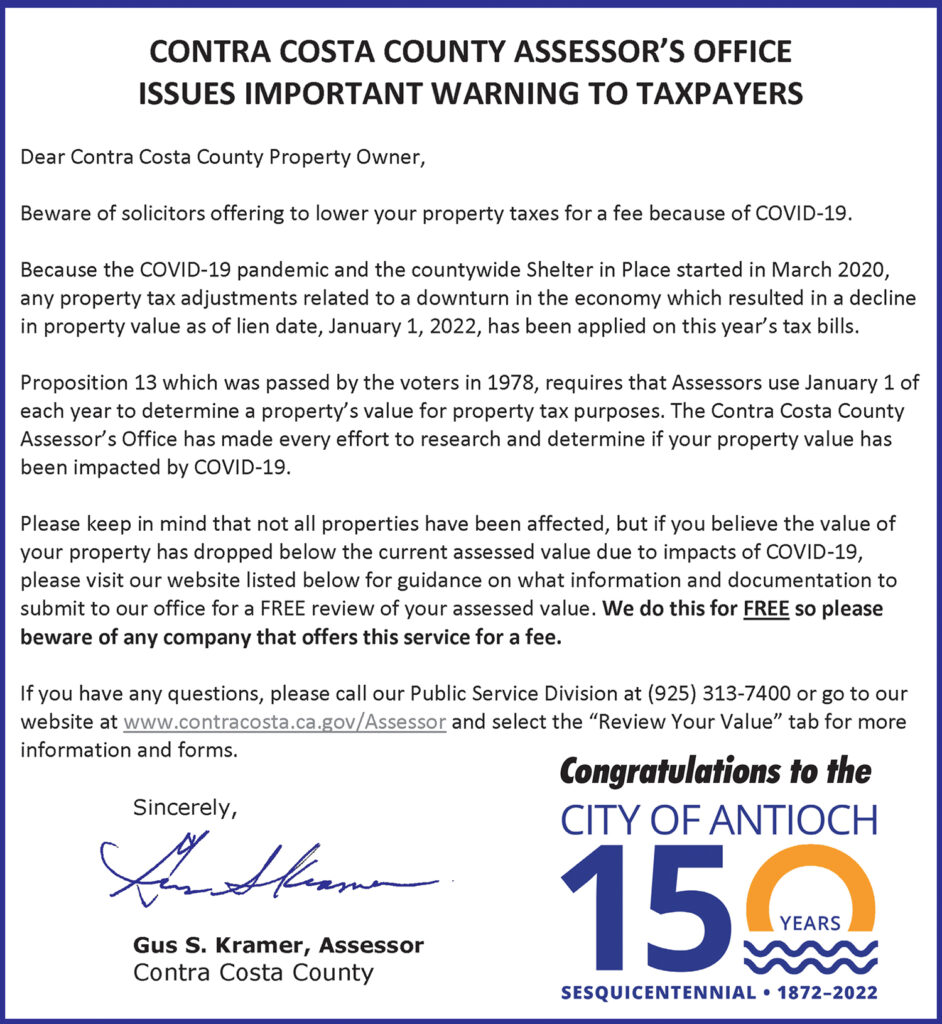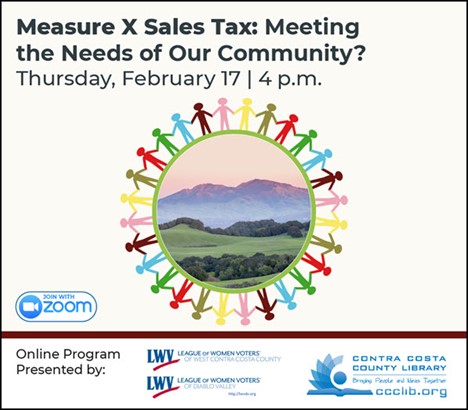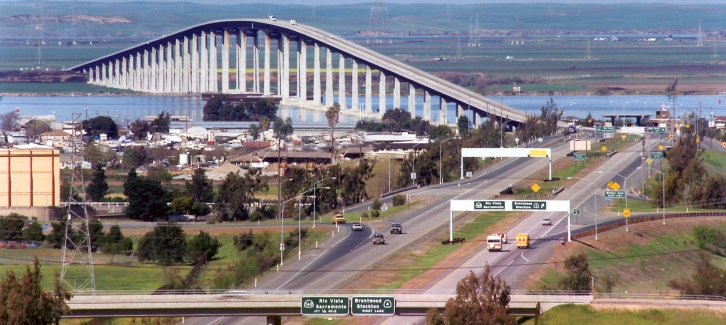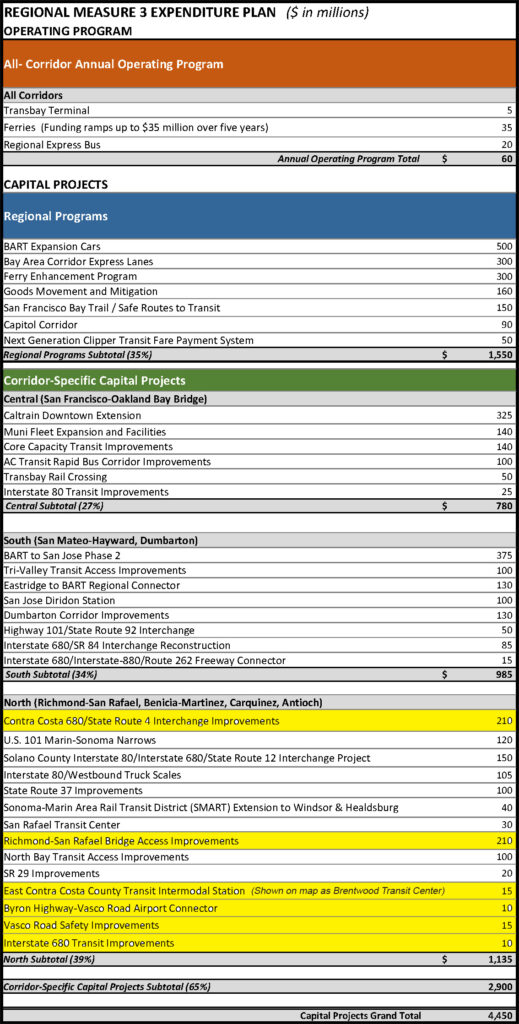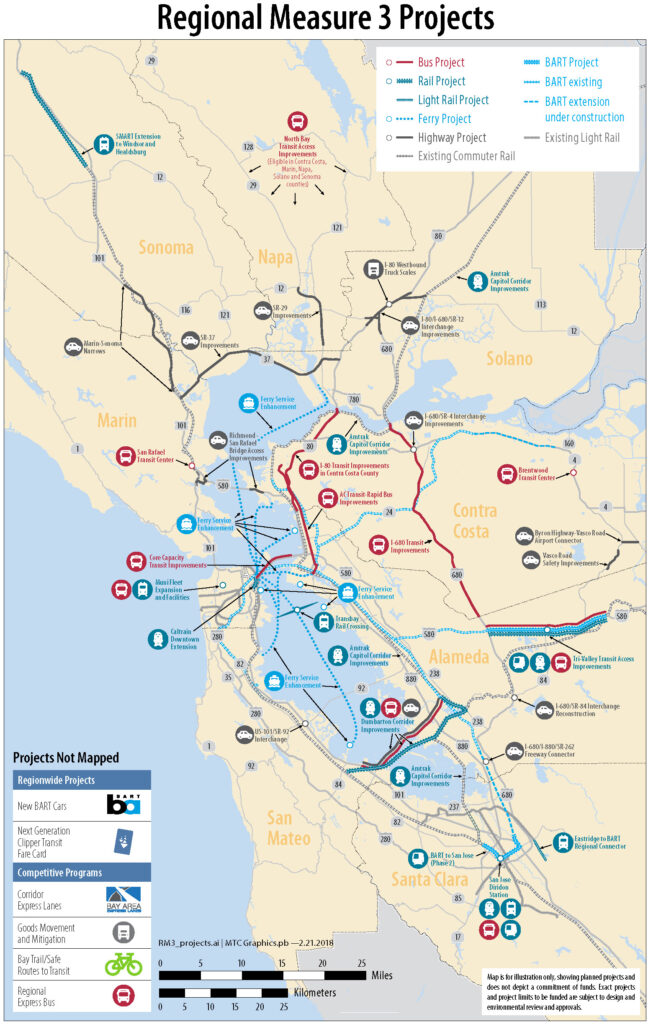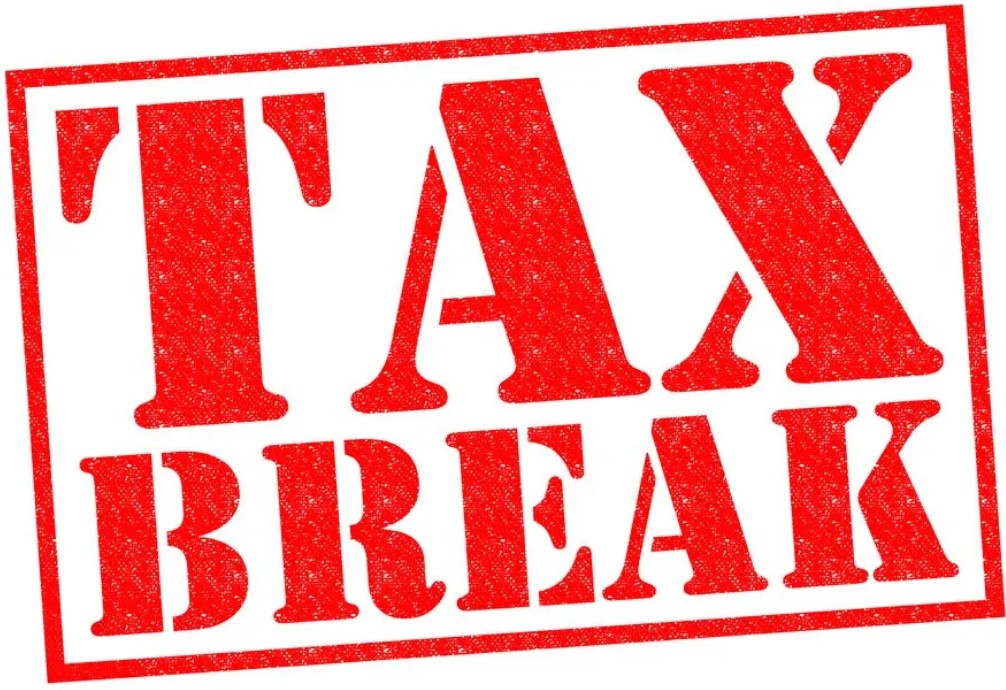
From $60 to $500 for single residents and $120 to $1,000 for single parents and couples in eligible households. Focused on poorest. Last changed in 1979.

State Senator Steve Glazer. (D-7-Orinda)
SACRAMENTO – Low-income California renters who have been drowning in unaffordable housing costs would see much-needed relief under a bill unveiled Wednesday by State Senator Steve Glazer (D-Contra Costa) and co-authors representing more than one-third of the Legislature.
The legislation, SB 843, would increase the California renter’s tax credit for the first time in more than 40 years and would represent significant help to renters across California. Eligible households would receive $500 for single residents and $1,000 for single parents and couples. Currently, eligible renters have their tax liabilities offset by only $60 for single filers or $120 for joint filers.
The bill would make the tax credit more valuable to the poorest Californians by making single parents eligible for the same credit as couples and allowing people to receive the full credit even if the amount exceeds their tax liability.
“We’ve treated renters like the doormat outside California’s economic recovery house,” Glazer said. “We cannot make an economic comeback without renters having their rightful place inside. Renters have waited 42 years for a modest level of fairness in our tax code. We can’t make them wait any longer.
“An increase in the renters’ tax credit will mean that people don’t have to choose between putting food on the table, taking their kids to the doctor, and making the rent.”
Those eligible for the new renter’s credit would be single filers making $43,533 or less and joint filers making $87,066 or less. Nearly 2.4 million renters would be eligible for the tax credit, according to 2019 Franchise Tax Board estimates.
California has not increased the renter’s credit since 1979. The proposed increase accounts for inflation since then. SB 843 provides direct help to renters – those who typically struggle the most to find affordable housing, and who have been hit hard during COVID-19.
Glazer’s previous attempt to increase the credit – SB 248 – was described by CalMatters as the “most bipartisan bill of the year.” That bill had 30 co-authors. SB 843 already has 43 — and counting — from across the state and all parts of the ideological spectrum.
Assemblyman Steven Choi, R-Irvine, a principal co-author, said: “Nearly half of the state’s residents are renters, but we simply have not done enough to help them with our state tax policies. This legislation can serve as one tool to make renting more affordable. It would be a real boost to working families who are struggling to make ends meet with the high cost of living in California.”
Too many renters have struggled for too long, said Senator Melissa Hurtado, D-Sanger.
“California renters have struggled to meet rent prior to the pandemic, and have faced rents that in some areas have tripled,” said Senator Hurtado. “Even with steps we have previously taken, many renters face homelessness. This tax relief credit will provide much needed relief for renters, and I am happy to support it.”
Senator Susan Rubio, D-Baldwin Park, said there couldn’t be a better time than now to help renters.
“We need to help California renters, many of whom are struggling, with permanent financial relief,” said Senator Susan Rubio. “I want to thank Senator Glazer for introducing this bill, and I’m happy to be a co-author. Increasing the renters tax credit, while we have a healthy budget surplus, will put money where it’s needed the most and help families now and in the future.”
Republican Leader Scott Wilk, R-Santa Clarita, said so many historic moments have come and gone without much help for renters. Until now.
“A lot has changed since 1979: my LA Clippers relocated to Los Angeles, the internet was ‘born,’ the Berlin wall fell, and a NASA spacecraft flew past Pluto,” Wilk said. “One thing that hasn’t changed? California’s $60 renter’s tax credit. Offering low-income renters such little assistance is inexcusable and reflects a bygone era. I am excited we are taking serious steps to put this behind us, too.”
Senator David Cortese, D-San Jose, said: “I’d like to thank Senator Glazer for his leadership as well as my colleagues for introducing this bill that will significantly expand our state’s renters tax credit and provide much needed relief to not only millions of low-income renters, but also our ‘missing middle’-income population that is often overlooked. And by doing so, this bill will provide stability to our families and prevent the displacement of valuable members of our communities – including our teachers, nurses, nonprofit employees as well other essential workers who are being forced to leave the state due to high cost of living and skyrocketing rents.”
Assemblyman Kevin Mullin, D-San Mateo, a co-author, said, “Renters have been disproportionately affected by the economic consequences of COVID-19. Until the pandemic is fully behind us and jobs can return to full capacity, some renters may continue to face a risk of homelessness or housing instability. Updating the renters tax credit is a way of providing critical direct relief to some of California’s most vulnerable.”
Assemblywoman Janet Nguyen, R-Huntington Beach, said: “After a difficult two years throughout the COVID-19 pandemic, it is my priority to find and work toward solutions that lower the cost of living. This tax credit will help many families in our community not have to choose between paying for rent and providing food for their family. I look forward to continuing to work with my colleagues to get this bill passed through the Legislature and onto the Governor’s desk.”
Jiseon Kim, a University of California Los Angeles senior majoring in history and public affairs and Head of Advocacy at Swipe Out Hunger at UCLA, said that students are among the many Californians facing high housing costs today, “one of many obstacles they face in being able to earn their degrees. This bill would help address our cost of living issues and will contribute to all students’ overall educational success.”
Senator Brian Jones, R-Santee, said the bill recognizes the needs of working families.
“The State’s $45 billion budget surplus was built on the backs of hardworking Californians, including renters, who now deserve a break,” Jones said.
The Renter’s Tax Credit is a common-sense idea that offers urgently needed relief to California’s millions of families burdened with high rent, said David Knight, Executive Director of the California Community Action Partnership (CalCAPA). While California homeowners receive $5.8 billion in tax relief through mortgage deductions, renters’ relief has been barely a blip on the radar, Knight noted. The cost of the new renter’s credit would be around $1.2 billion, according to 2019 Franchise Tax Board estimates.
“It’s a matter of fairness,” Knight said. “California’s housing policies have favored homeowners for decades by offering them a tax credit for the interest on their mortgages. But, renters haven’t been granted similar benefits. CalCAPA is proud to support this important bill, which makes our housing policy more fair and equitable.”
Senator David Min, D-Irvine, said: “Housing remains a top issue for Californians in every corner of our state. From the rising cost of living to the COVID-19 crisis, California renters have faced no shortage of challenges in recent years. I’m honored to be a coauthor of SB 843, which will help thousands by making crucial and long overdue updates to the California Renters Tax Credit.”
The renter’s credit was established in 1972. Since its only increase in 1979, rents in California have more than quintupled while the renters credit remained flat. Median state rent exceeds $1,500 a month for a two-bedroom apartment, and rentals in cities like San Francisco average more than $2,700 a month.
Senator Bob Archuleta, D-Pico Rivera, said: “Expanding eligibility for the renters tax credit is incredibly important. Especially now, as Californians continue to struggle with the pandemic, it is important we do everything we can to make California more affordable for all Californians. I am proud to be a coauthor of Senate Bill 843, and thank Senator Glazer for his leadership on this issue.”
Assemblywoman Laurie Davies (R-Laguna Niguel), a co-author, said, “California is facing a housing crisis unlike anything we have ever seen before. In addition to a lack of housing, we also have one of the nation’s highest costs of living. The existing renters tax credit has not been raised since 1979 and due to inflation plus a stagnant economy, Californians are hurting now more than ever. Modernizing and updating this credit to keep up with 21st century living standards is the right thing to do to provide relief to low-and-middle income renters.”
Assemblymember Carlos Villapudua, D-Stockton, said: “The ever-rising cost of housing in California has led us to a worrying poverty rate that is unsustainable for our families today and for future generations,” said Assemblymember Villapudua. “Too many of us now spend well over 30 percent of our income on rent which forces struggling families into making difficult decisions and cutting priorities. An increase in this tax credit for renters across California would provide essential relief for these individuals as they work to meet these rising costs to keep a roof over their heads.”

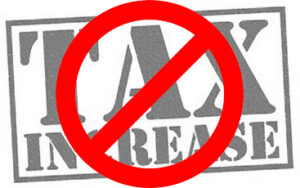 San Francisco—Hundreds of solar workers, consumers, clean energy advocates, community leaders, conservationists, and climate activists will join together at the California Public Utilities Commission (CPUC) headquarters building in San Francisco on Thursday to protest the CPUC’s latest proposal to tax rooftop solar and drastically reduce the credits consumers receive for selling their solar energy back to the grid.
San Francisco—Hundreds of solar workers, consumers, clean energy advocates, community leaders, conservationists, and climate activists will join together at the California Public Utilities Commission (CPUC) headquarters building in San Francisco on Thursday to protest the CPUC’s latest proposal to tax rooftop solar and drastically reduce the credits consumers receive for selling their solar energy back to the grid.









 CALIFORNIA –
CALIFORNIA – 